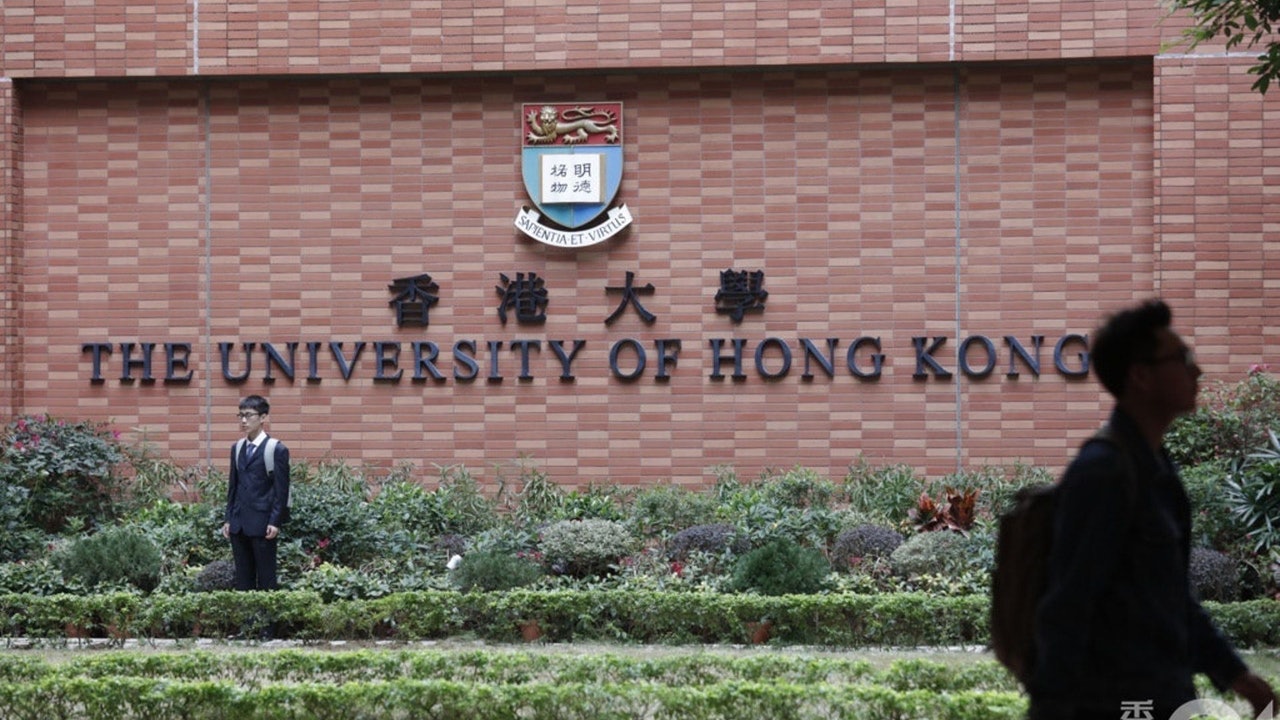There is breakthrough research in cancer treatment.
The research team of the Li Ka Shing Faculty of Medicine of the University of Hong Kong discovered that CD8+ T cells, which can destroy cancer cells, are inhibited by a type I interferon, resulting in the ineffectiveness of immunotherapy against tumors. The findings provide a basis for research on improving the clinical efficacy of immunotherapy New Direction.
The research results have been published in the academic journal Cell Reports.
Immunotherapy is a clinical treatment that uses drugs to reboot the immune system to fight disease and is a first-line treatment for different cancers.
Although many patients respond well after receiving immunotherapy, some patients will fail or fail quickly.
However, the current effective response rate of immunotherapy for cancer is only 20% to 30%, and the cause of the "low response rate" has not been clarified.
A research team from the Faculty of Medicine of the University of Hong Kong reveals the reason why the loss of function of T cells leads to the failure of immunotherapy.
Members of the research team include: (from left) Zhang Jiaming, Victor Gray, Dr Ning Juansheng and Chen Weixin.
Under normal circumstances, CD8+ T cells will continue to destroy cancer cells, thereby inhibiting tumor growth, but the immune effector function of this group of T cells will gradually lose, and the related state is called "exhausted CD8+ T cells, Tex ).
When T cells are exhausted, the tumor can evade the immune system and grow out of control; therefore, how to prevent or reverse the exhaustion of CD8+ T cells is the main goal of tumor immunotherapy; when T cells are exhausted to completely lose the effector function of cellular immunity, immunotherapy It will also fail, resulting in only 20% to 30% curative effect.
Dr. Ning Juansheng, Assistant Professor of the School of Biomedical Sciences, Faculty of Medicine, HKU led this research, and the ultimate goal of the research team is to reveal the cause of T cells (terminal Tex) complete exhaustion and failure, so as to control CD8+ T cells from being exhausted. New immunotherapy drug targets lay a new foundation.
The team pointed out that Type I interferon (IFN-I) has an adverse effect on tumor immunotherapy during the development of "T cell exhaustion"-cancer patients who fail immunotherapy have high levels of IFN-I interferon signaling, and through the analysis of cancer patient sequencing data in public databases, in vitro culture of immune cells and animal model experiments, the team found that long-term and sustained IFN-I signaling induces lipid peroxidation, and then CD8 +T cells are completely exhausted, and immunotherapy eventually fails. The team also found that the IFN-I-LPO pathway, which is harmful to the anti-tumor immune effect, can be used as a biomarker, which is expected to be used to improve treatment options and realize personalized treatment for patients.
HKU Faculty of Medicine reveals amniotic fluid cell RNA detection can more accurately diagnose rare diseases

